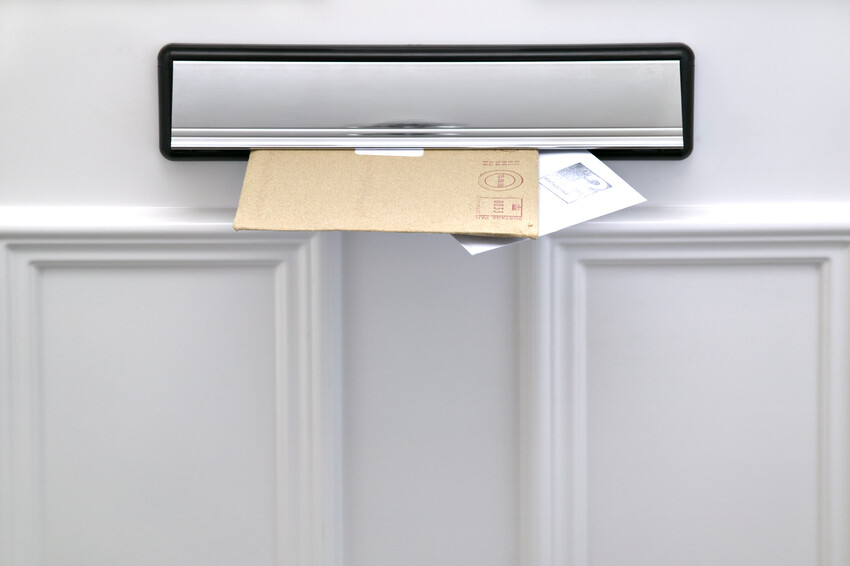Practical Guide To The Small Claims Court System
Every so often, you find yourself in a situation that simply doesn’t sit right. Maybe you paid someone to do a job, and they left halfway through. Or perhaps what you ordered wasn’t what turned up, and despite chasing a refund, you’re met with silence. When that happens, and you’ve run out of patience or options, the Small Claims Court starts to look like the next step. It’s not for huge legal battles, but for everyday issues that cost you money and time.
There’s nothing grand about it. No drama, no spotlight. It exists for people who’ve done their part and just want things put right. You’re not required to hire a solicitor, although some choose to ask for advice now and then. For many, it’s about getting closure and standing up for themselves when someone else won’t do the decent thing.
Letter Before Action.
Usually, the value’s under £10,000. That’s the rough line. There are exceptions; injury claims or certain housing matters might fall under different limits, but that’s the general rule. First, you don’t jump straight in.
You write to the other side. Call it a formal letter or a ‘letter before action’ if you want the official term. Lay out what went wrong, what you want, and give them a chance to put it right. Believe it or not, that can work.
If not, then yes, the court is next. You can fill in the forms online. There’s a fee, obviously nothing’s free, but it’s based on how much you’re claiming. Once you’ve filed, the other party has a fortnight to say what they’re going to do about it.
What Next?
Sometimes they pay, sometimes they argue, and sometimes they do nothing. If they ignore it completely, you can ask the court to decide in your favour without a hearing. If they respond and disagree, both of you will get instructions from the court about what happens next.
At this stage, it’s paperwork. Evidence. All the bits people forget about. Receipts, quotes, photos, messages, whatever helps explain your side. Don’t expect the judge to dig around for you. What you bring is what they’ll look at.
The hearing, when it comes, won’t be like anything you’ve seen on TV. No wigs, no gallery, just a room and a judge who wants the facts, not drama and emotion. Speak clearly, stay on point, and try not to waffle.
We Provide Professional Help.
Don’t assume you’ll get costs back even if you win. The court isn’t about punishing the other side. It’s about settling the argument. Costs are rarely awarded unless someone has behaved badly or manipulated the process. If you lose, there’s a slim chance of appealing. But only if something went wrong legally, not just because the decision didn’t go your way.
Plenty of people go through this on their own. Not everyone’s confident with paperwork or deadlines. Some people get help preparing, and there’s nothing wrong with that. Better to be sure and prepared than unprepared and sorry. In the end, it’s all about fairness. Not revenge, not making an example, just fairness. It won’t fix everything, but if someone owes you money or has wronged you, this is a way to put your case forward and ask for what’s right.







